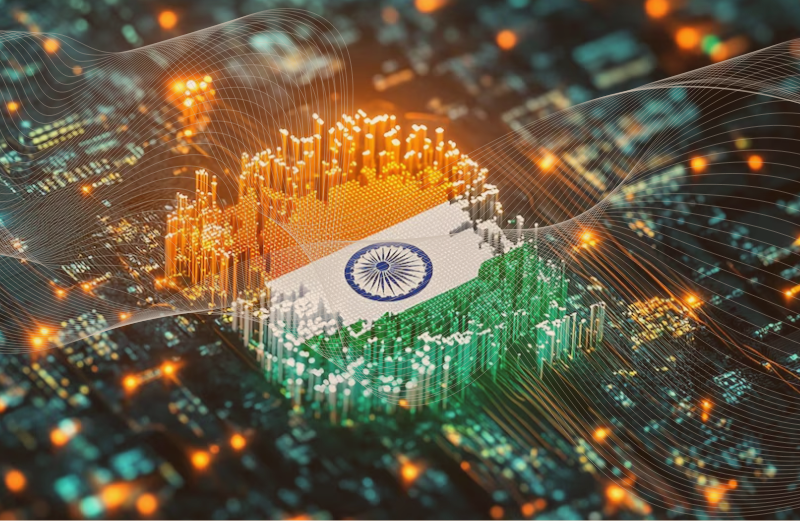Related Voices

India’s Trillion-Dollar Tech Momentum: Building the Digital Core of a $10 Trillion Economy
For decades, India powered the world’s digital ambitions from behind the scenes. Today, it’s stepping boldly into the spotlight as an architect of the global digital future. With a GDP now over $4 trillion and ambitions to touch $10 trillion by 2032, India’s growth is not just about economic scale.

Agentic AI: Bridging the Gap Between Hype and Practical Value
We’ve all seen flashy demos and bold headlines promising that AI will revolutionize everything overnight. The reality is more complex. While the potential is enormous, getting real value from Agentic AI requires thoughtful planning, trust, and a clear understanding of what it can—and can’t—do today.

How has India become a hub for mid-sized GCCs?
Indian Global Capability Centres (GCCs) are rapidly evolving from cost centres to strategic value hubs.

The Role of GCCs in Transforming Feature-Based Models into Product-Centric Models
Global Capability Centers (GCCs) have evolved from traditional support roles into strategic hubs that drive business outcomes through end-to-end product ownership & digital transformation.

India’s Workforce Transformation Opportunity in the AI Era
As AI becomes embedded across service lines and workflows, the focus must shift from disruption response to structured workforce transformation. India has the scale, capability, and credibility to lead this transition—provided there is proactive, cross-sector execution. This is a call to reinvent—not reduce—India’s technology services workforce for the AI age.

The Deskless Workforce: Why They Deserve a Front-Row Seat in Digital Transformation
Digital transformation has reshaped how we communicate, collaborate, and innovate. But for many deskless workers, this revolution has felt like a wave that passed by without ever truly touching them. A recent report surveying frontline employees globally revealed that less than 1% feel “very connected” to their company’s headquarters or leadership.

India’s Journey from Business Innovation to Economic Inclusion
Technology innovation is already being leveraged across sectors, leading to economic inclusion. Agriculture, the backbone of India’s economy, is poised for massive tech-based disruption.

Why Global Enterprises Are Doubling Down on India for Engineering the Future
What’s Driving Global Enterprises to Bet Big on India for Engineering the Future? Know More in the Blog.

The Next AI Frontier Isn’t Digital—It’s Discovery
Not too long ago, the AI buzz was all about chatbots that could hold a decent conversation and tools that could work up emails or poems faster than you could say “generative.” And back then, those really were the wow moments.

Germany’s Mittelstand and India’s Tech Expertise: Unlocking New Frontiers for Innovation
As global markets evolve, the synergy between Germany’s highly specialized Mittelstand enterprises and India’s rapidly expanding digital technology sector presents a unique opportunity for driving innovation and economic growth.

A Secure and Efficient Future: How Businesses Can Combat Fraud and Enhance Cybersecurity
As businesses digitise at an unprecedented scale—embracing AI, cloud infrastructure, and digital payments—their exposure to cyber threats and financial fraud is rising just as fast.

The AI and GCC Revolution: A Defining Moment for India’s Tech Leadership
Over the past decade, India has emerged as the global epicenter for technology and innovation through its thriving Global Capability Centres (GCCs).











